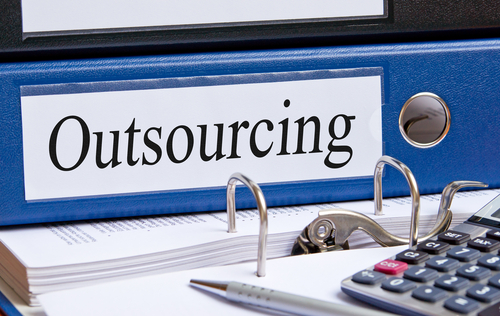Whether you’re an individual or a business owner, few things strike fear into your heart like learning that you’re being audited by the IRS. The good news? Those budget cuts that have plagued our government may actually work to your advantage. It seems that even the Internal Revenue Service has felt the pinch, and as a result its audit rates are lower than they’ve been in years. Even so, says Ann Irons, who offers business tax preparation in Bellingham, MA, this doesn’t mean you should let your guard down.
Which Businesses Are Most Likely to Be Audited?
The IRS isn’t exactly forthcoming with details of its audit algorithm, but data from Tax Court cases suggest that certain types of businesses and select tax return items are more likely than others to come under fire. These include:
Home offices: Whether deliberately or otherwise, the write-offs for home offices are among the most commonly miscalculated or misreported figures on federal tax returns. The majority of these are errors in the area designated as “regularly and exclusively” used during the course of business. If you run your business from your home, your CPA can advise you on which expenses are eligible.
Substantial vehicle write-offs: Section 274 of the tax code sets forth guidelines for eligible entertainment and miscellaneous expenses, and that includes the use of their vehicle. A common, glaring error is deducting the full 100 percent of their vehicle use as business-related. The requirements to do so are extremely narrow, and the vast majority of taxpayers cannot rightfully claim this. Of those who do meet the requirements, few have kept records sufficient to justify their claims.
Real estate rentals: If you devote a minimum of 500 years to rental real estate functions, or if you have done so for 5 of the 10 previous years, you qualify under the tax code as a real estate professional. Because this area is commonly audited, says Irons, it’s in your best interest to keep detailed records of the hours you spend on these activities, as well as a brief description of how the time was used.
Schedule C losses: Most of the time, the Internal Revenue Service classifies Schedule C activities as hobbies rather than as businesses. The rule applies particularly to activities that would afford some personal benefit or enjoyment factor, such as photography or writing about subjects like food or travel. Most suspicious are returns that reflect a higher than average salary or business income.
Smaller companies: It almost seems like a case of “picking on the little guy,” but the IRS has fairly good reasons for frequently auditing small firms. Whether by willful ignorance or honest error, small businesses owners often lack the comprehensive understanding of tax laws needed for full compliance. They’re also less likely to keep thorough records, a fact that clearly justifies the need for an experienced outsourced accounting firm. If you deal almost exclusively in cash – no checks or credit – you are even more likely to be audited.
Travel, business meals, and entertainment: Woe is the business owner who misreports these expenses on his tax return, for the IRS comes down hard on this category. Requirements in this area are even more restrictive than those of home office expenses. Compounding the risk is the knowledge that small businesses are less likely to have adequate documentation, as well as the potential for illegal deductions of entirely non-business-related personal expenses.
Are you prepared for an audit? If not, it’s time to consider enlisting the services of a Bellingham, MA CPA. To learn more about our services, or to schedule a consultation with Ann Irons, CPA, LLC, contact us at (508) 966-0700. We serve businesses and individuals in Bellingham, Milford, Medway, Worcester, and Woonsocket.
















